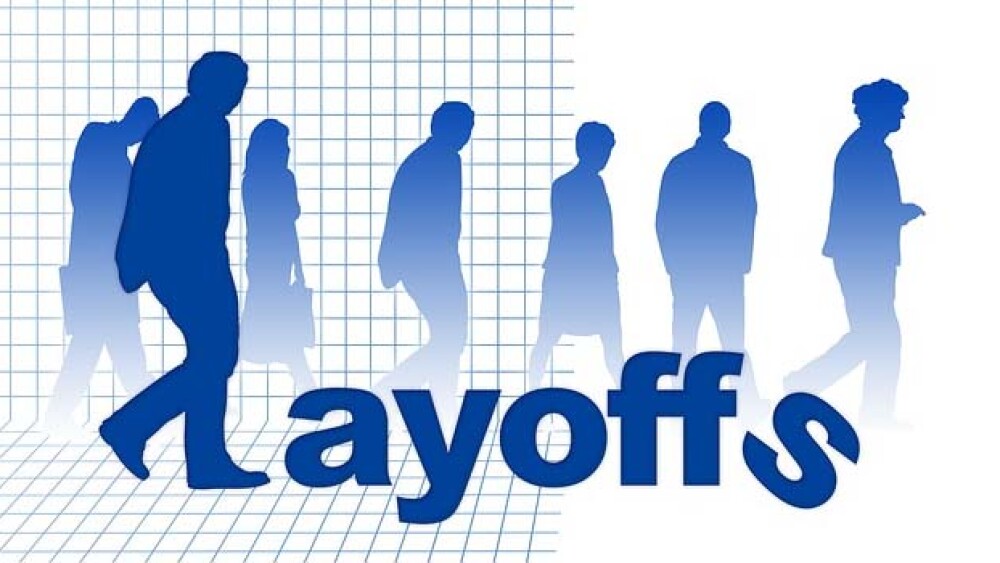Share prices for Protalix are up more than 3 percent this morning after the company reported positive results from its Phase I/II open label extension trial of pegunigalsidase alfa, PRX-102, for the treatment of Fabry disease.
Share prices for Protalix Biotherapeutics are up more than 3 percent this morning after the company reported positive results from its Phase I/II open label extension trial of pegunigalsidase alfa, PRX-102, for the treatment of Fabry disease.
After two years of treatment, patients on PRX-102 showed improvement across all key Fabry disease parameters. The treatment also proved to be fairly safe and tolerable for patients, the company said.
“These long term results further support that PRX-102 has the potential to be a significant differentiated therapy when compared to currently approved enzyme replacement therapies, and carries an important hope for all Fabry patients,” trial investigator Raphael Schiffmann from the Institute of Metabolic Disease at Baylor Research Institute, said in a statement.
Despite that positive news on its pipeline, Protalix is reportedly set to terminate 50 employees, which amounts to about 20 percent of its workforce. Israel’s Calcalist said the company has already notified its employees of the job cuts. The layoffs are part of a streamlining process, according to the report. PRX-102 is the company’s chemically modified version of the recombinant protein alpha-Galactosidase-A protein. It is being investigated in several Phase III trials for treatment of Fabry disease.
Two years ago, Protalix shifted its focus to developing treatments for Fabry disease, a genetic disease characterized by a deficiency of the enzyme alpha-galactosidase A. The lack of the enzyme causes a buildup of fatty molecules that prevent cells in the gastrointestinal system, kidney, heart, brain and nervous system from functioning properly.
“Following the implementation of Protalix’s strategic plan, the company has decided to focus most of its development efforts on its lead candidate for treating Fabry disease, and continue the development of its other pipeline drugs with partners,” a company spokesman told Calcalist in a statement.
In addition to the change in disease focus, Protalix said the layoffs were necessary due to the loss of some grant money provided to the company from the Israeli Innovation Authority. Grants dropped from $6 million in 2016 to $3.2 million in 2017, Calcalist said.
In October, Protalix and Italy-based Chiesi Farmaceutici SpA entered into a licensing and collaborative agreement for PRX-102. Protalix has licensed PRX-102 to Chiesi for all markets outside of the United States, under terms of the deal, which is worth up to about $400 million.
Earlier this month, Protalix reported that the deal with Chiesi significantly improved the company’s financial position. In its earnings report, Protalix said it has sufficient funding for operations through 2020. Moshe Manor, Protalix’s president and chief executive officer, said the deal with Chiesi allowed the company to “secure a strong, experienced clinical and commercial partner: as well as “meaningfully increase” the company’s capital resources.





